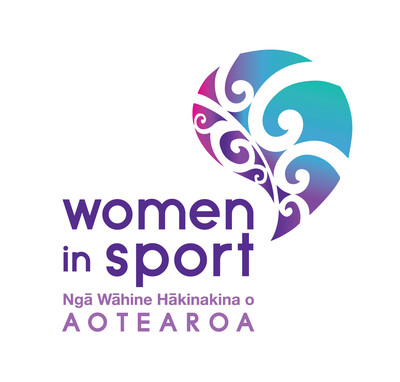REPORT: ANALYSIS OF CAREER PATHWAYS OF BRITISH POSTHOLDERS IN INTERNATIONAL SPORT GOVERNANCE

REPORT: ANALYSIS OF CAREER PATHWAYS OF BRITISH POSTHOLDERS IN INTERNATIONAL SPORT GOVERNANCE
Research exploring the gendered experiences of individuals progressing from national to international sport governance.
There continues to be a significant underrepresentation of women within decision-making positions in international sport organisations. Since the first research studies about gender exclusion and inclusion appeared in the 1980s, a growing body of knowledge has developed to try to explain the continual lack of significant change in gender ratios in sport leadership and governance positions.
Findings have revealed barriers, obstacles, and processes that lead to the exclusion of women, such as the preference for men as leaders, the use of male-oriented selection procedures, the prevalence of sexist acts and talk in sport departments and organisations, and the challenges that women face in combining motherhood and a career in sport administration. As far as we are aware, there is no existing research exploring the gendered experiences of individuals progressing from national to international sport governance. Instead, the focus has been either at the national or international level.
This report presents findings from a two-phase mixed method project.
The research objective for the first phase was to survey all UK postholders within international sport organisations and collect and analyse data about their demographics, backgrounds, career pathways, and leadership experiences.
The second phase of the research aimed to interview a smaller sample of postholders to provide an in-depth exploration of their career pathways in international sport governance, including an examination of gendered differences, intersectional barriers, and factors for success.
Our findings are separated across eight sections and, when combined with the recommendations listed at the end of this document, are intended to be used by UK Sport, national governing bodies and other stakeholders to inform applied practice in the sector to improve gender equality and support more women into senior leadership roles in international sport governance.
Analysis of career pathways of British postholders in international sport governance






























































































































